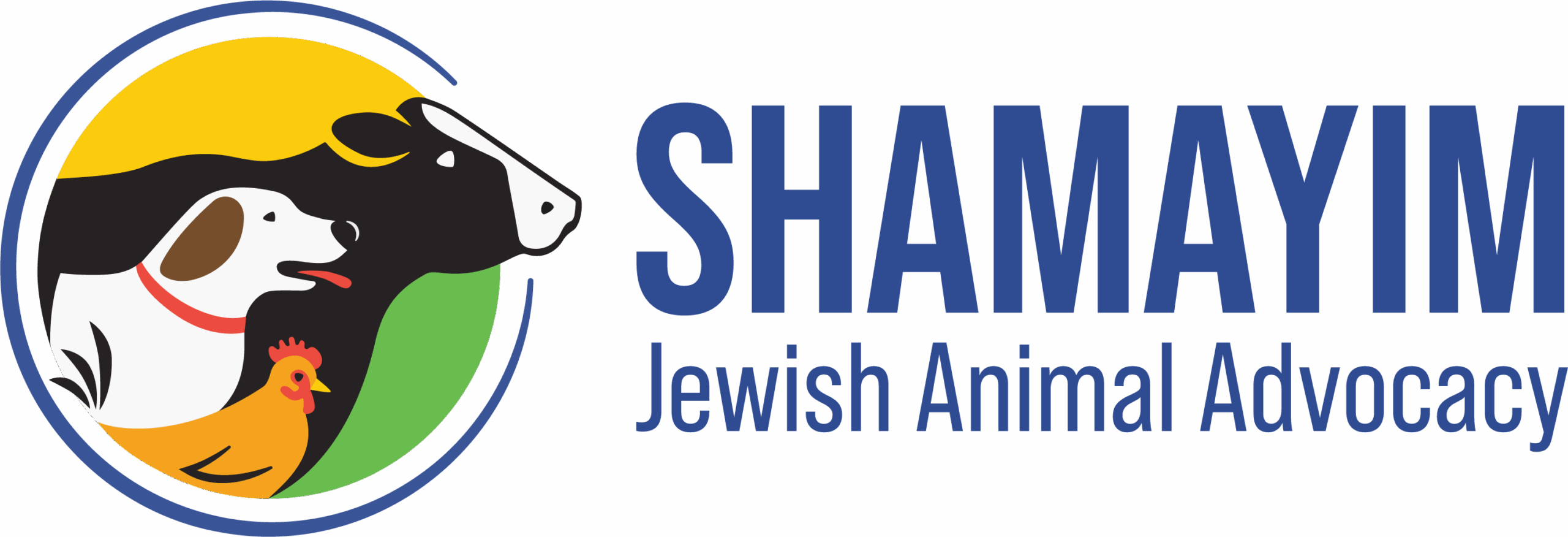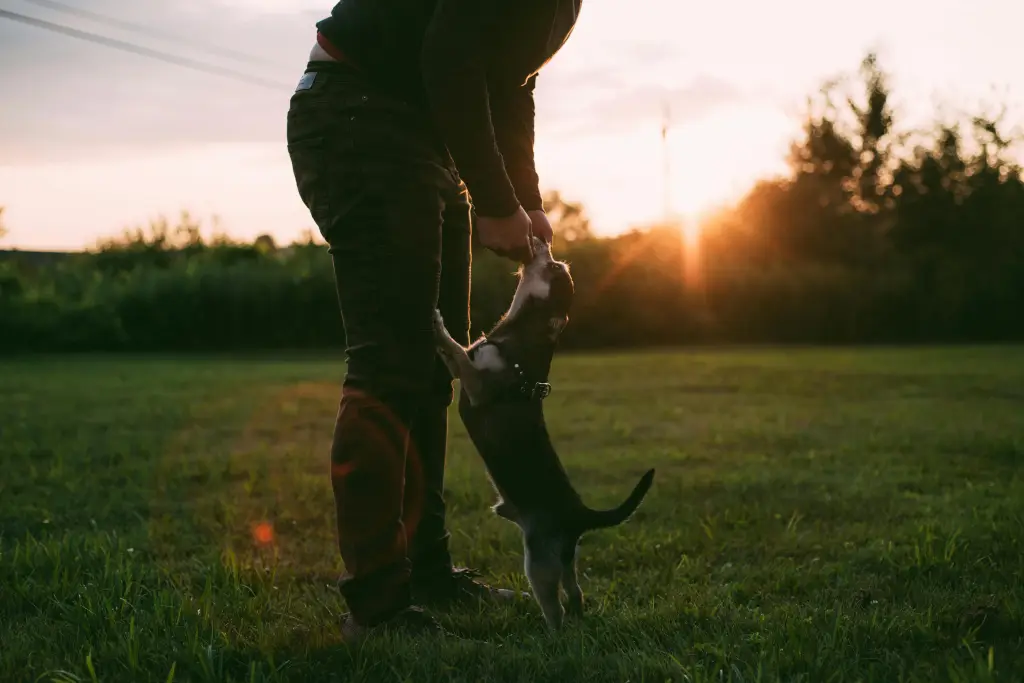At Shamayim, we encourage people to adopt instead of “shop.” We also know that “shopping” is an umbrella term that can mean several different things. We want to educate our followers so they can make the most ethical decision possible.

Puppy Mills: Puppy mills are like dog-making factories where mother dogs spend their entire lives in cramped cages or kennels with little or no personal attention. When the mother and father dogs can no longer breed, they are discarded or killed. The problem is that puppy mills are very hidden from the consumer. These puppy mills breed the puppies and then sell them to pet stores.
Things you should know:
- Roughly 90 percent of puppies in pet stores come from puppy mills.
- Don’t be fooled by signage that states “We don’t use puppy mills” or “USDA Certified” as these are lies and just tactics to distract you from the truth.

Backyard Breeders: A backyard breeder is an individual who breeds animals, often dogs or cats, on a small scale, usually at their home or property. This type of breeding is often done without the proper knowledge, care, or adherence to professional breeding standards.
Ways to spot a backyard breeder:
- They often do not perform health screenings or genetic testing on their breeding animals.
- The primary motivation for backyard breeders is often making money rather than ensuring the health and well-being of the animals.
- They offer to sell purebred or hybrid puppies before the age of 6 weeks.
- You might find backyard breeders outside of shopping areas with a box of puppies, or you might see signs around your town or on online forums advertising a litter of puppies for sale. These are 2 big red flags.
- An organization listed as a rescue is selling puppies in large numbers or always seems to have puppies available.

Responsible Breeders: Breeders are knowledgeable about the breeds they work with, conduct thorough health screenings, adhere to ethical breeding practices, and prioritize the welfare of their animals.
How to spot a responsible breeder:
- Breeders often belong to their breed’s parent club, which is the organization recognized by the American Kennel Club.
- Established breeders often have waiting lists of repeat customers who are prioritized over newcomers.
- Organizations like the Orthopedic Foundation for Animals (OFA) maintain databases of the tests breeders perform on their dogs. Look for health test results not just for your potential puppy’s parents, but also for their siblings and ancestors.
- A good breeder will be just as interested in determining if you are a suitable owner. Expect questions about your previous dogs, household members and their ages, work schedule, where the puppy will live, and how it will be trained and socialized. If the breeder’s first questions are about how soon you can leave a deposit, it may indicate misplaced priorities.
- The contract will outline the basics about the puppy, including the names of both parents and the puppy’s AKC registration number, and will always include a return-to-breeder clause.

Rescue/ Adoption:
Adopt from a shelter or breed-specific rescue group near you. There are thousands of animals in shelters looking for loving homes. We will always encourage others to adopt, whenever possible. Did you know that often 25% of the animals in shelters are purebred?
TAKE ACTION:
What you can do to stop Puppy Mills and Backyard breeding:
- Support laws that protect animals from puppy mill cruelty-tell your elected officials you support laws which cap the number of animals a person can own and breed, and establish care standards.
- Adopt instead of shop, and positively encourage others to do the same. Never shame someone for the choices they have made.
- Sign onto our Puppy mill pledge and share with others to promote our campaign!
Sources & more information:
- AKC.org
- Paws.Org
- No Pet Store Puppies (ASPCA)
- Petful- What is a Puppy Mill?
- StopPuppyMills.com (The Humane Society of the United States)
“If we take Jewish ethics seriously, we should see that our roles as dog-lovers should be informed, like everything else we do, by our commitment to compassion and our pursuit of justice.” -Rabbi Shmuly Yanklowitz


Leave a Reply